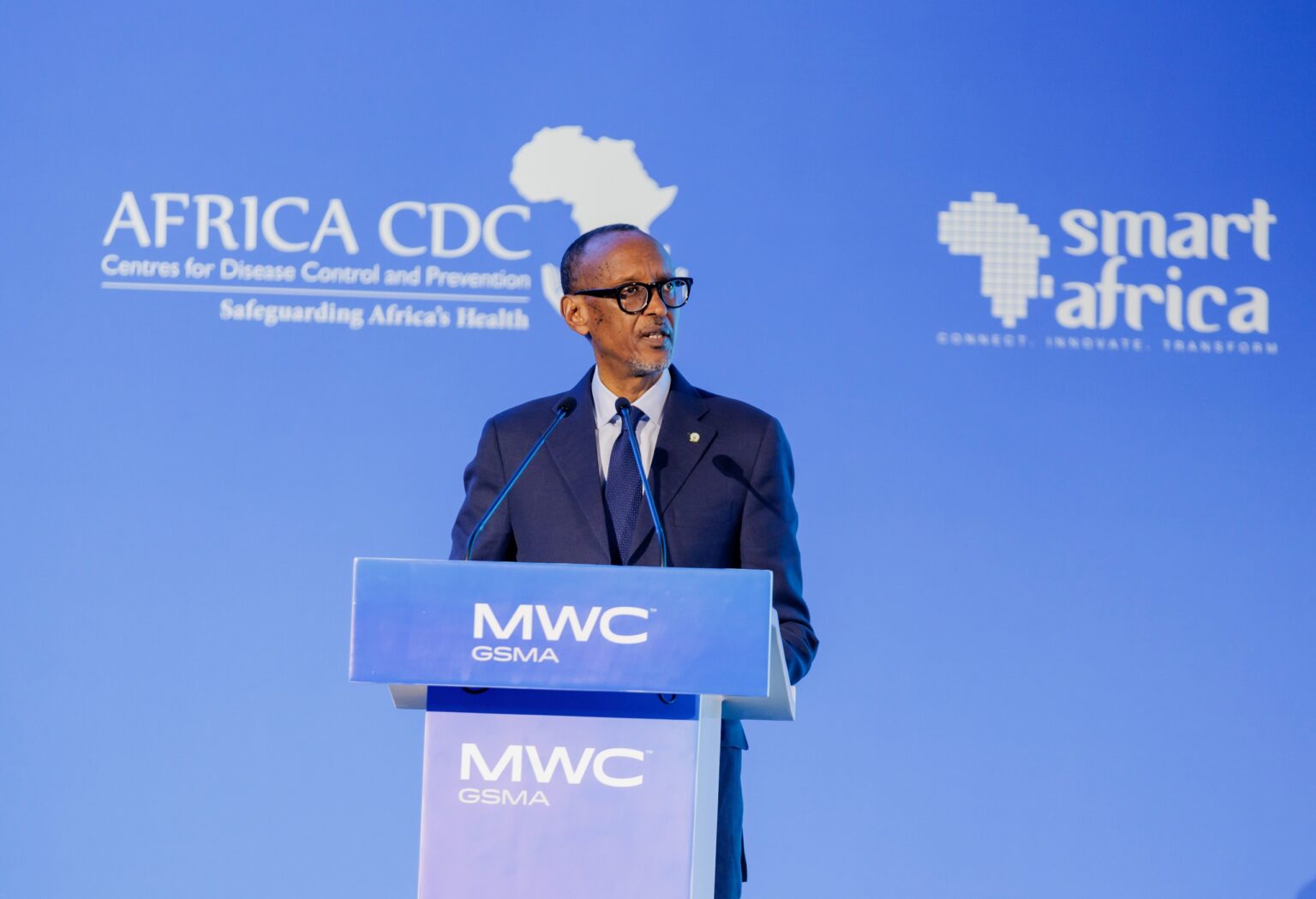advertisement
Only 1 In 4 Subscribed To Mobile Internet

MWC Kigali 2023 today returned to the Kigali Convention Centre, Rwanda, with Paul Kagame, the President of the Republic of Rwanda participating in the event’s celebratory opening ceremony. The event brought together policymakers and global business leaders for three days of discussion on innovations in mobile technology and Africa’s rapidly evolving connectivity ecosystem.
“We must address gaps in access and connectivity with a sense of urgency. Faster and more reliable broadband makes a difference, and we will get more results through collaboration,” said the President.
The GSMA welcomed an exceptional roster of keynote speakers to MWC Kigali this year, representing leading names in government, global business, emerging technologies and more. This includes ATU, Ethiopia Telecom, Huawei, MTN Group, the International Telecommunication Union (ITU), Orange Middle East and Africa, the Rwandan Ministry of ICT & Innovation, the SAMENA Telecommunications Council, Smart Africa, Take Back the Mic and ZTE Corporation.
advertisement
“Today, Africa has the fastest-growing mobile penetration rate globally. But we still have a long way to go. Yet, we already have the means to address the problems we are dealing with today. We must continue to prioritise digital skills and literacy. Globally, we also see strong momentum to support Africa’s digital transformation. If there is one lesson from the pandemic, it is that we have to look for the common denominator in times of crisis. Only then, can we see the light at the end of the tunnel, and build the future we all deserve,” he said.
Mats Granryd, Director General, GSMA said, “The mobile industry has seen remarkable growth across Sub-Saharan Africa and now reaches almost 490 million unique subscribers – but only one in four people in the region subscribe to the mobile internet. MWC Kigali provides a forum for policymakers and leaders in connectivity to come together and discuss ways of accelerating the digital transformation of Africa, closing the usage gap and, ultimately, ensuring everybody in the region benefits.”